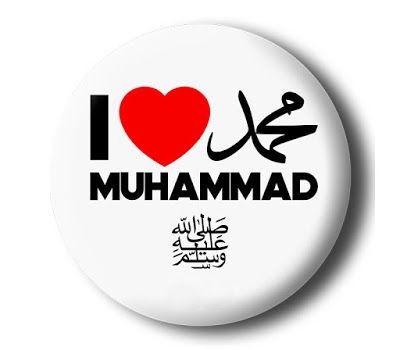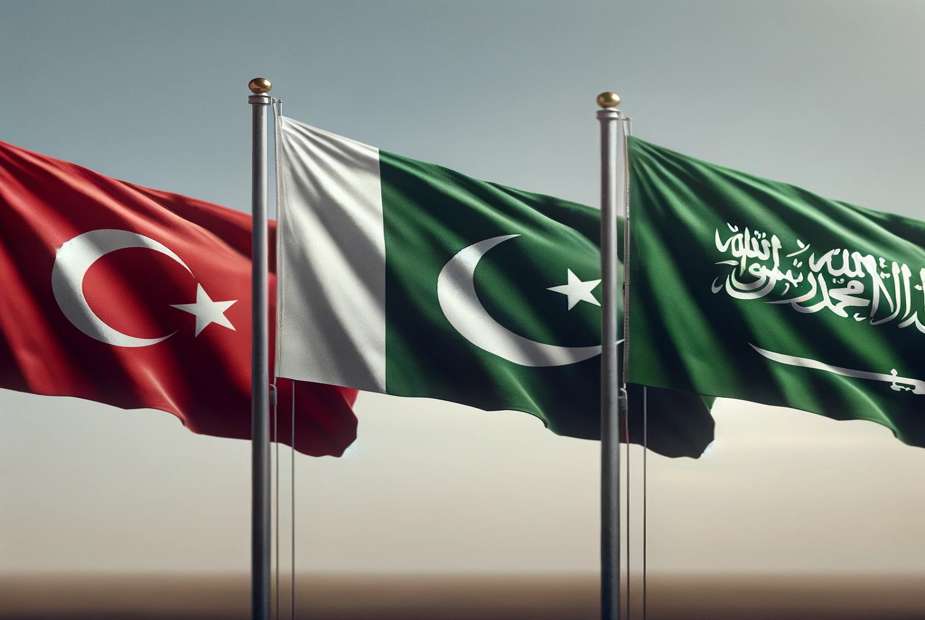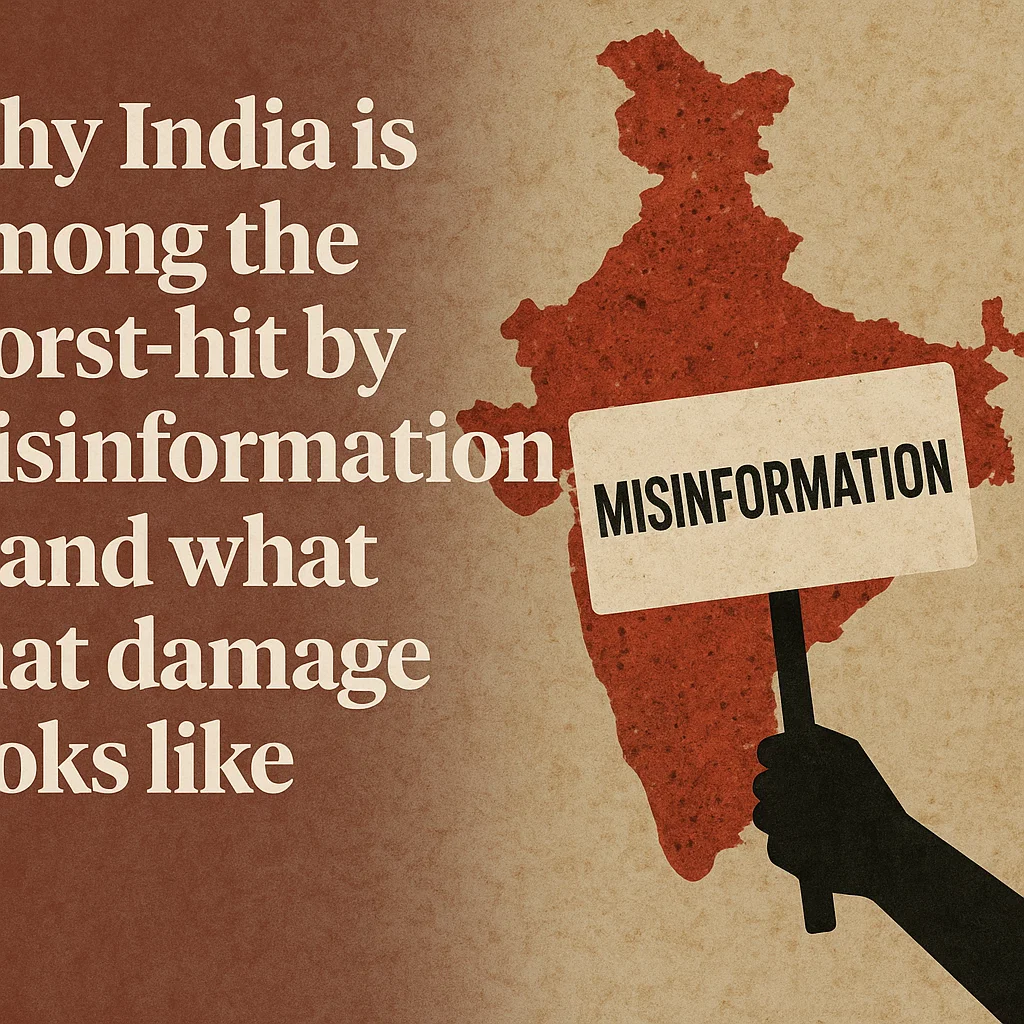Introduction: A Historic Crossroads
On 17 September 2025, Saudi Arabia and Pakistan inked the Strategic Military and Defense Agreement (SMDA), effectively binding their fates in defense. This was already a geopolitical thunderclap. But imagine the tectonic shift if Türkiye were to formally join this pact. What emerges is not just another defense treaty but the embryonic framework of a Muslim-world NATO — a unified bloc stretching from the Bosphorus to the Arabian Peninsula to the Indus, linking military might, financial wealth, and nuclear deterrence under one banner.
For decades, the Muslim world has been fragmented, often exploited by great powers for oil, geography, or markets. A tripartite alliance of Türkiye–Pakistan–Saudi Arabia would be the first time in modern history that three heavyweight Muslim powers converge on one strategic axis. It would not merely defend its members — it would project power, ideology, and deterrence across regions where the U.S. and NATO have operated with impunity since the Cold War.
Why This Alliance Would Be Unlike Any Other
1.Complementary Power Bases
Saudi Arabia: Financial Muscle, Energy Dominance, and Spiritual Legitimacy
Saudi Arabia’s greatest weapon is not its army but its wealth and influence. With the world’s largest proven oil reserves and vast natural gas assets, it controls one of the three most critical levers of modern power: energy. For decades, Riyadh has sustained the global economy by maintaining oil output stability. If it chose to redirect its oil policies in coordination with allies, it could shift the balance of power away from the U.S. and Europe.
Beyond raw economics, Saudi Arabia holds a unique legitimacy: the Custodian of the Two Holy Mosques. This spiritual authority extends beyond national borders; it resonates with 1.7 billion Muslims. If Riyadh lends its religious legitimacy to a military alliance, it transforms the bloc from a mere strategic pact into a civilizational project with deep psychological and emotional appeal across the Muslim world.
In practical terms:
- Funding: Riyadh could bankroll modern weapons purchases, military bases, and joint R&D projects.
- Energy leverage: By tying oil output to alliance security policy, the bloc gains economic deterrence.
- Soft power: Religious legitimacy cements mass support and weakens Western narratives of “radical Islam” by reframing the alliance as one of stability and dignity.
Pakistan: Nuclear Shield, Army Mass, and Battle-Tested Forces
Pakistan contributes the most crucial pillar — the nuclear umbrella. As the world’s only Muslim-majority nuclear state, Pakistan offers deterrence against existential threats. This nuclear capability is not theoretical; it includes tested missiles, command-and-control infrastructure, and delivery systems. In alliance terms, Pakistan guarantees that any attack on a member state cannot be conducted without accounting for nuclear escalation risks.
Beyond nukes, Pakistan fields one of the largest standing armies in the world (over 600,000 active personnel, millions in reserve). Its military is battle-hardened, having fought four wars with India, conducted counterinsurgency operations, and operated in extreme terrain from deserts to mountains.
In practical terms:
- Nuclear deterrence: Ensures survival against great-power aggression, giving the alliance a shield NATO itself respects.
- Large manpower pool: Pakistan’s forces can serve as the backbone infantry of any Islamic NATO structure.
- Intelligence & training expertise: Pakistan’s ISI and counterinsurgency capabilities could anchor intelligence-sharing frameworks.
- Diaspora factor: Millions of Pakistanis in the Gulf states already act as a demographic bridge between South Asia and the Arab world.
Türkiye: NATO Experience, Defense Industry, and Geostrategic Anchor
Türkiye sits at the literal crossroads of continents. It controls the Bosphorus and Dardanelles — maritime chokepoints that connect the Black Sea to the Mediterranean. Its geography makes it indispensable to both Europe and Asia. As a NATO member since 1952, Türkiye brings decades of exposure to Western doctrines, interoperability, and battlefield strategy.
But Ankara’s true value today lies in its indigenous defense industry. Türkiye is no longer just an importer of weapons; it has become a net exporter of drones (e.g., Bayraktar TB2), advanced artillery, warships, and armored vehicles. In Ukraine, Libya, and Azerbaijan, Turkish drones have changed the course of conflicts — proving Ankara’s ability to lead technologically in asymmetric warfare.
In practical terms:
- Military professionalism: NATO training standards and joint operation experience enhance alliance credibility.
- Defense technology: Ankara can equip the bloc with advanced drones, air defenses, and naval assets, reducing dependency on Western suppliers.
- Geopolitical position: Türkiye bridges Europe, the Caucasus, and the Middle East, providing logistics routes and air corridors.
- Political clout: As a NATO member, Türkiye could complicate Western efforts to confront the bloc openly — a Trojan horse inside NATO itself.
The Combined Effect: A Self-Sufficient Power Core
When combined, these power bases become complementary and mutually reinforcing:
- Saudi Arabia finances and legitimizes, ensuring stability through oil wealth and religious authority.
- Pakistan shields and secures, guaranteeing deterrence through its nuclear arsenal and mass manpower.
- Türkiye innovates and connects, offering advanced technology, NATO insight, and geostrategic depth.
Together, they represent all four modern pillars of power:
- Money (Saudi Arabia)
- Manpower (Pakistan)
- Technology & training (Türkiye)
- Nuclear deterrence (Pakistan, with Turkish delivery systems potentially enhancing range and survivability)
Such a triad is not merely an alliance — it is the foundation of a rival global power bloc, capable of defending itself without dependency on Western security umbrellas.
2. Leadership of the Muslim Ummah
For over a century, the Muslim world has lacked a unified leadership model. Colonial legacies, sectarian divides, and Cold War alignments fragmented political authority. Attempts at unity — from Nasser’s Pan-Arabism to the OIC (Organization of Islamic Cooperation) — largely failed because they either excluded key players or lacked military and economic teeth.
This proposed Saudi–Pakistan–Türkiye triad is unique because it cuts across every historical divide:
- Arab vs Non-Arab: Saudi Arabia anchors the Arab world; Türkiye and Pakistan represent the non-Arab Muslim world. This eliminates the Arab-centric monopoly on leadership that alienated others in the past.
- Monarchies vs Republics: Saudi Arabia represents Gulf monarchies; Türkiye is a strong presidential republic; Pakistan is a parliamentary republic. This gives legitimacy across political systems.
- Religious Authority vs Military Power: Saudi Arabia offers spiritual legitimacy as the custodian of Mecca and Medina; Pakistan offers nuclear legitimacy; Türkiye offers NATO/industrial legitimacy. No single state can claim all three — but together, they form a collective leadership model acceptable across the Ummah.
Symbolic Legitimacy:
- Saudi Arabia can mobilize religious sentiment through Hajj diplomacy, portraying the alliance as an Islamic duty to defend the Ummah.
- Pakistan, as the only nuclear-armed Muslim state, symbolizes Islamic deterrence against external aggression.
- Türkiye, with Ottoman heritage, provides historical continuity, appealing to those who still view the Ottoman Caliphate as the last golden age of Muslim political unity.
Practical Legitimacy:
- Gulf states, long skeptical of Turkish ambitions, may find comfort in Riyadh’s leadership.
- Non-Arab states (Iran excluded) would see Islamabad as a counterbalance to Arab dominance.
- Muslim populations worldwide — from Indonesia to Morocco — would see this triad not as regional hegemony but as collective guardianship of Muslim interests.
In essence, this triad would present itself not as one state leading but as a coalition embodying the diversity of the Muslim world. That alone makes it far more resilient than past unity attempts.
3. Strategic Geography
Geography is destiny, and this bloc would sit on some of the most critical geostrategic chokepoints in the world. Control of these waterways translates directly into leverage over global trade, energy security, and military mobility.
Key Chokepoints Under Bloc Influence:
- Bosphorus & Dardanelles (Türkiye): The only passage between the Black Sea and the Mediterranean. Whoever controls it controls Russia’s naval access to warm waters and Europe’s maritime lifeline to Central Asia. Türkiye already has this control — and NATO has never been comfortable with Ankara’s monopoly.
- Strait of Hormuz (Saudi Arabia, indirectly via Gulf presence): One-third of the world’s seaborne oil passes through this strait. Pakistan’s Gwadar port, linked with Saudi energy, could become a backdoor bypass for Gulf exports through the Arabian Sea. Control here equals leverage over the global oil market.
- Bab al-Mandeb (Saudi influence via Yemen): This narrow passage connects the Red Sea to the Gulf of Aden and onward to the Indian Ocean. It is the lifeline for Europe–Asia trade through the Suez Canal. Saudi Arabia already plays a role in Yemeni conflicts precisely for this reason.
Secondary Strategic Zones:
- Gwadar (Pakistan): Gateway to the China–Pakistan Economic Corridor (CPEC). If militarized under the alliance, it gives access to the Arabian Sea free from U.S. naval chokeholds.
- Eastern Mediterranean (Türkiye): Energy-rich gas fields and naval dominance opportunities near Cyprus and Israel.
- Horn of Africa (Saudi & Turkish bases in Djibouti, Somalia, Sudan): Expansion of forward bases in Africa would extend influence into the Indian Ocean and beyond.
Combined Effect:
With these three nations coordinating, the alliance would effectively form a maritime crescent stretching from the Mediterranean to the Arabian Sea. No major global power could move energy, naval forces, or commerce in the Eastern Hemisphere without accounting for this bloc.
This transforms the alliance from a regional defense pact into a geostrategic balancer, akin to NATO’s control of the North Atlantic or America’s dominance of the Pacific.
⚖️ Bottom Line:
- The Leadership Factor gives the alliance internal legitimacy across the Muslim world.
- The Geography Factor gives it external leverage over the global economy and security.
Together, they make the Saudi–Pakistan–Türkiye axis not just a defense arrangement, but a civilizational and geostrategic counterweight to Western hegemony.
The Domino Effect: Other Muslim States Joining
If such a tripartite pact solidifies, other Muslim countries will line up to join — not out of coercion but aspiration:
- Qatar, UAE, Kuwait, Oman would seek security guarantees beyond the uncertain U.S. umbrella.
- Egypt would see a chance to regain relevance as part of a greater Islamic bloc.
- Indonesia and Malaysia, as rising Asian Muslim powers, would prefer being inside rather than outside such an order.
- African Muslim states (Nigeria, Sudan, Morocco) would align to secure aid, investment, and protection.
In time, this could resemble an Islamic NATO — perhaps called the Ummah Defense Organization (UDO) — binding 50+ nations under one security guarantee, and collectively commanding a population of 1.7 billion.
Implications for the West
1. NATO’s Dilemma:
If NATO bombs or invades another Muslim state (as in Libya, Iraq, or Afghanistan), could it still act freely if a Muslim NATO existed? With Pakistan’s nuclear deterrent and Turkish NATO membership, Western strategists would face for the first time a credible military counter-bloc. The cost of intervention would skyrocket.
2. U.S. Strategy of Containment:
Washington has historically relied on “divide and rule”: supporting one Muslim state against another (Iraq vs Iran, Saudi vs Qatar, etc.). An Islamic NATO would upend this. The U.S. could no longer pick favorites; it would have to deal with a single united bloc. That is precisely why, from Washington’s perspective, this alliance is alarming.
3. Fear of Losing Energy Control:
Whoever controls the Gulf controls global oil pricing. If Saudi Arabia, backed by Pakistani and Turkish hard power, declared oil policy independent of Washington, the petrodollar system itself could be challenged. The U.S. dollar’s global supremacy partly rests on oil trade. A coordinated Islamic bloc could decide to settle energy trade in multiple currencies — euro, yuan, gold, or even a digital dinar. This would be an economic earthquake.
How the West Might Try to Derail It
The U.S. and NATO would not simply sit idle as a Muslim NATO forms. Expect subtle and not-so-subtle countermeasures:
- Sowing Division: Playing on rivalries — Turkey vs Egypt, Saudi vs Iran, Pakistan vs India spillover — to prevent unity.
- Economic Pressure: Using IMF, sanctions, or dollar leverage to keep Pakistan and Turkey dependent on Western finance.
- Arms Dependency: Ensuring Gulf states remain tied to U.S. weapons systems so they cannot easily shift to an independent bloc.
- Regime Engineering: Encouraging leadership changes or color-revolutions in weaker Muslim states to prevent cohesion.
- Information Warfare: Branding such an alliance as “Islamist militarism” to scare neutral states and justify containment.
Why This Could Still Happen
The global order is already moving toward multipolarity. The U.S. is overstretched — Ukraine, Taiwan, Israel–Gaza conflicts, and domestic polarization. China and Russia are encouraging non-Western blocs to emerge. Gulf monarchies no longer trust Washington as the sole guarantor of their security. Pakistan seeks financial lifelines. Turkey dreams of Ottoman-era leadership.
The stars may finally align.
The Strategic Future: An Islamic NATO?
If Türkiye joins Pakistan and Saudi Arabia in the SMDA, and others follow, the world could witness the birth of the first serious Muslim military bloc in modern history. It would not automatically mean confrontation with NATO or the U.S., but it would deter Western adventurism. For once, the Muslim world would have the leverage to say: an attack on one is an attack on all.
In that scenario, Western powers could no longer invade, occupy, or bomb Muslim countries without facing a credible coalition with nuclear backing, oil leverage, and massive manpower. For the first time since World War II, the Muslim world would stand not as fragmented states but as a power center in its own right.
Final Thought
History teaches that empires crumble when new coalitions emerge to balance them. The Ottoman Caliphate once led the Muslim world; colonialism shattered that unity. The SMDA, expanded to include Türkiye, could be the first step in restoring a collective shield for the Ummah.
But beware: the West will not allow such a bloc to form easily. Economic sabotage, political destabilization, and covert operations will aim to fracture it. The survival of such an alliance will depend on whether these three giants — Saudi Arabia, Pakistan, and Türkiye — can put aside internal differences and put the collective Muslim interest above individual agendas.
If they succeed, the 21st century may finally see a multipolar world where the Muslim Ummah speaks with one strategic voice.








